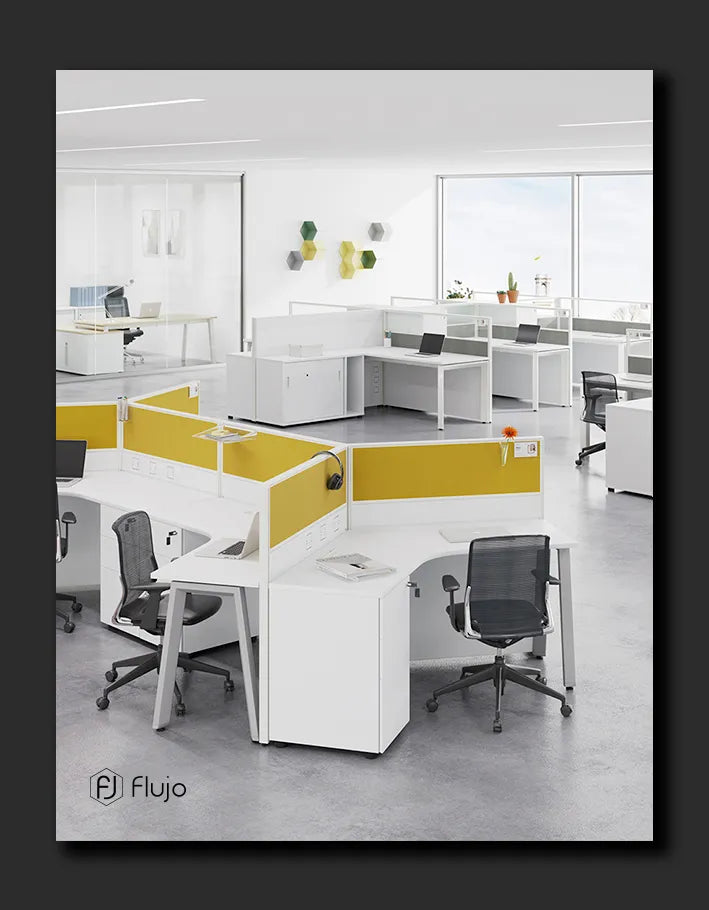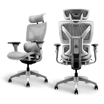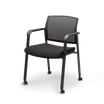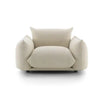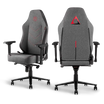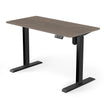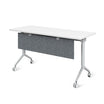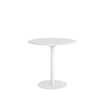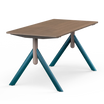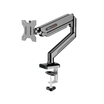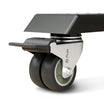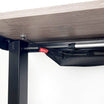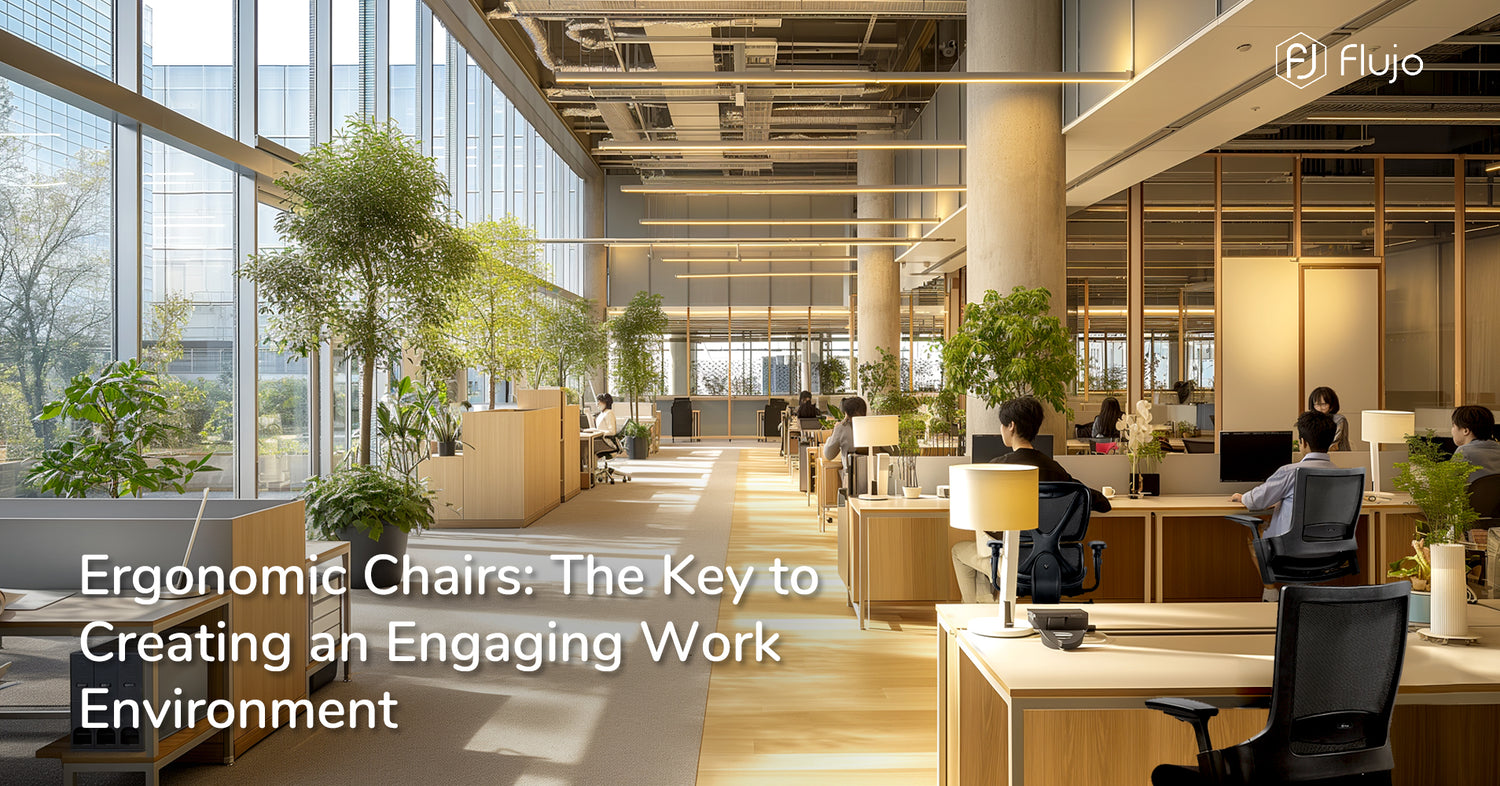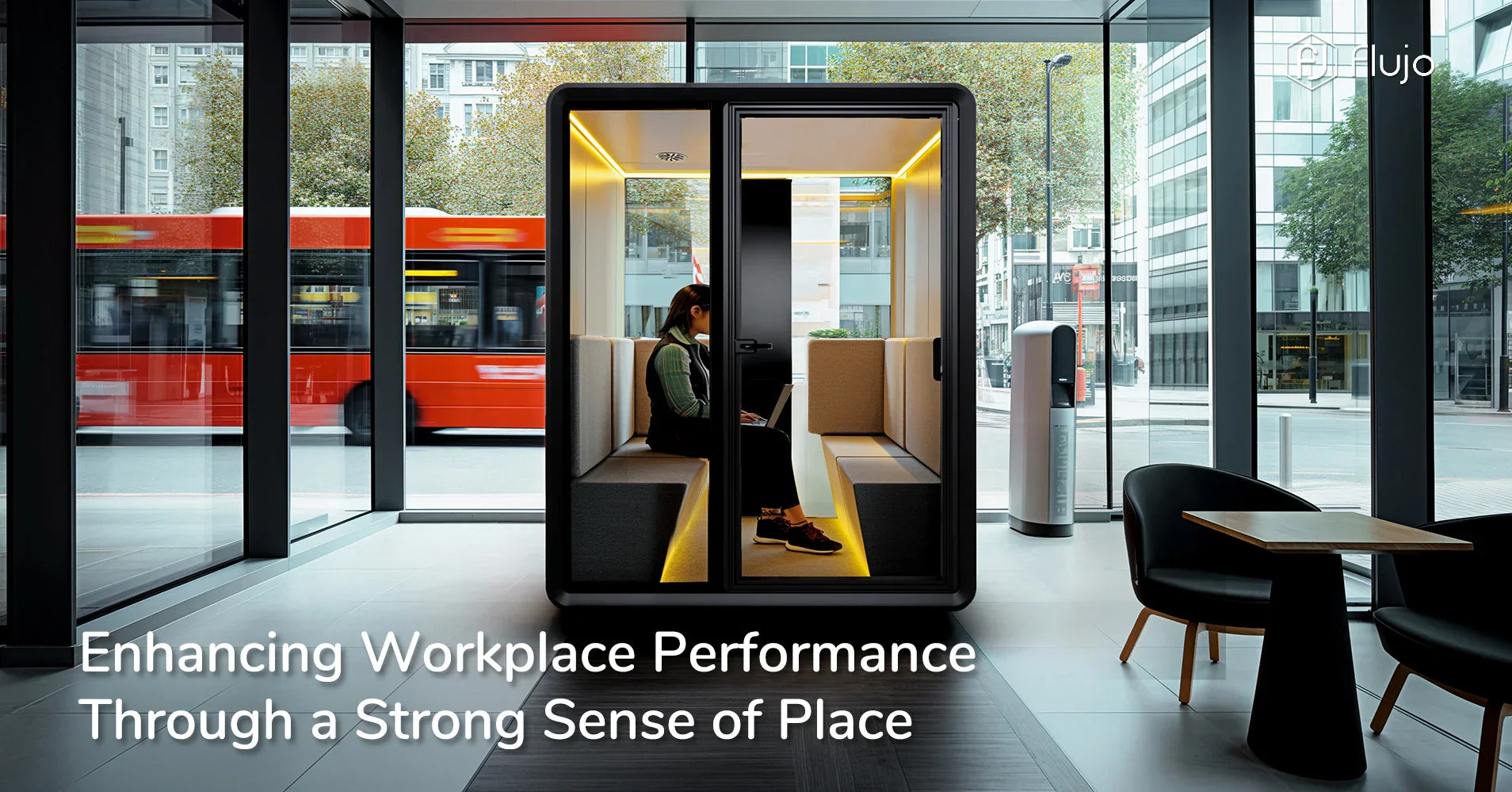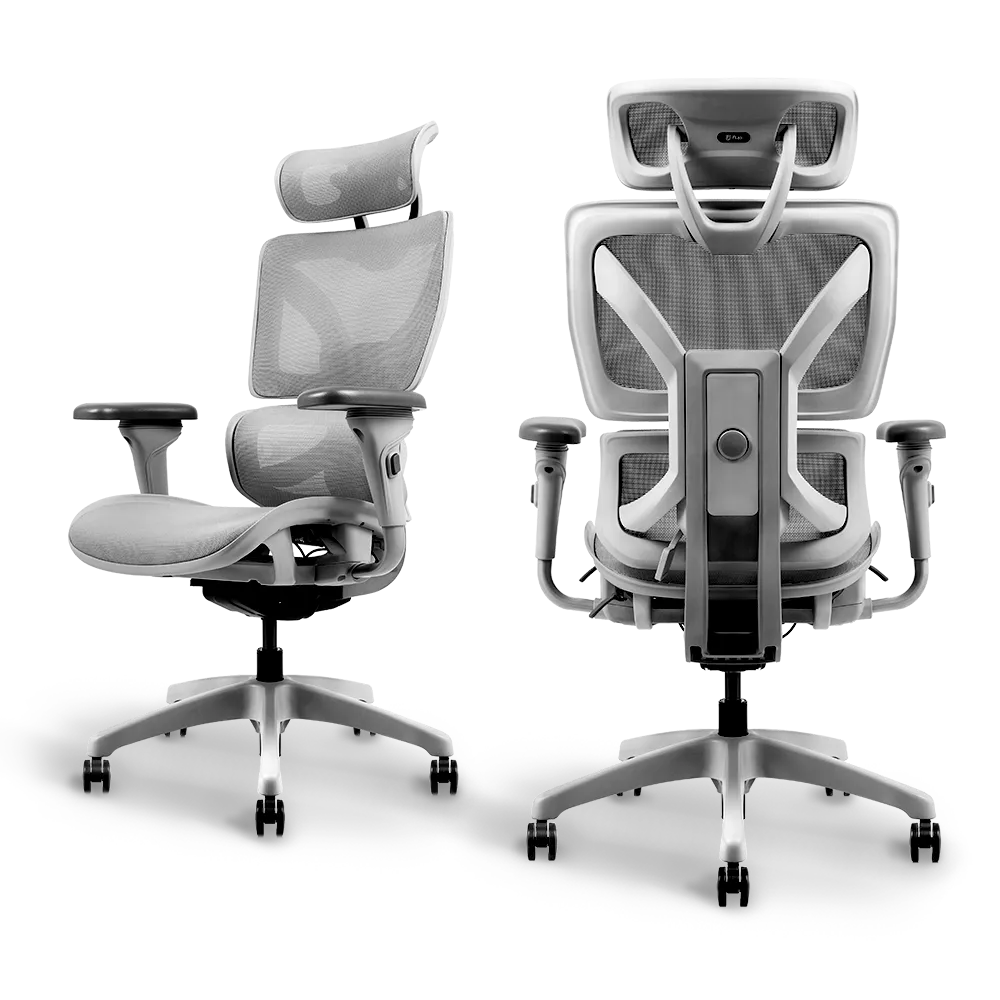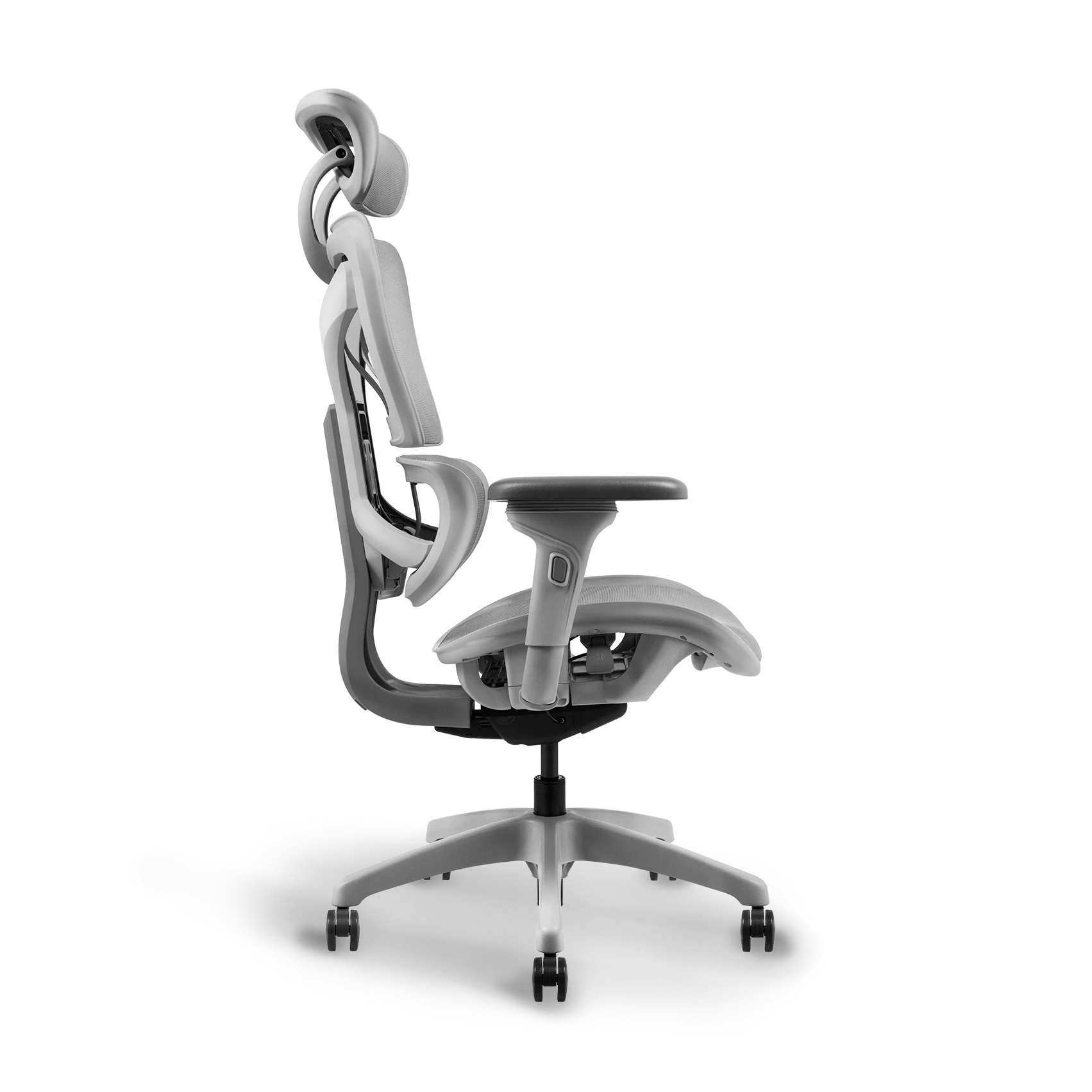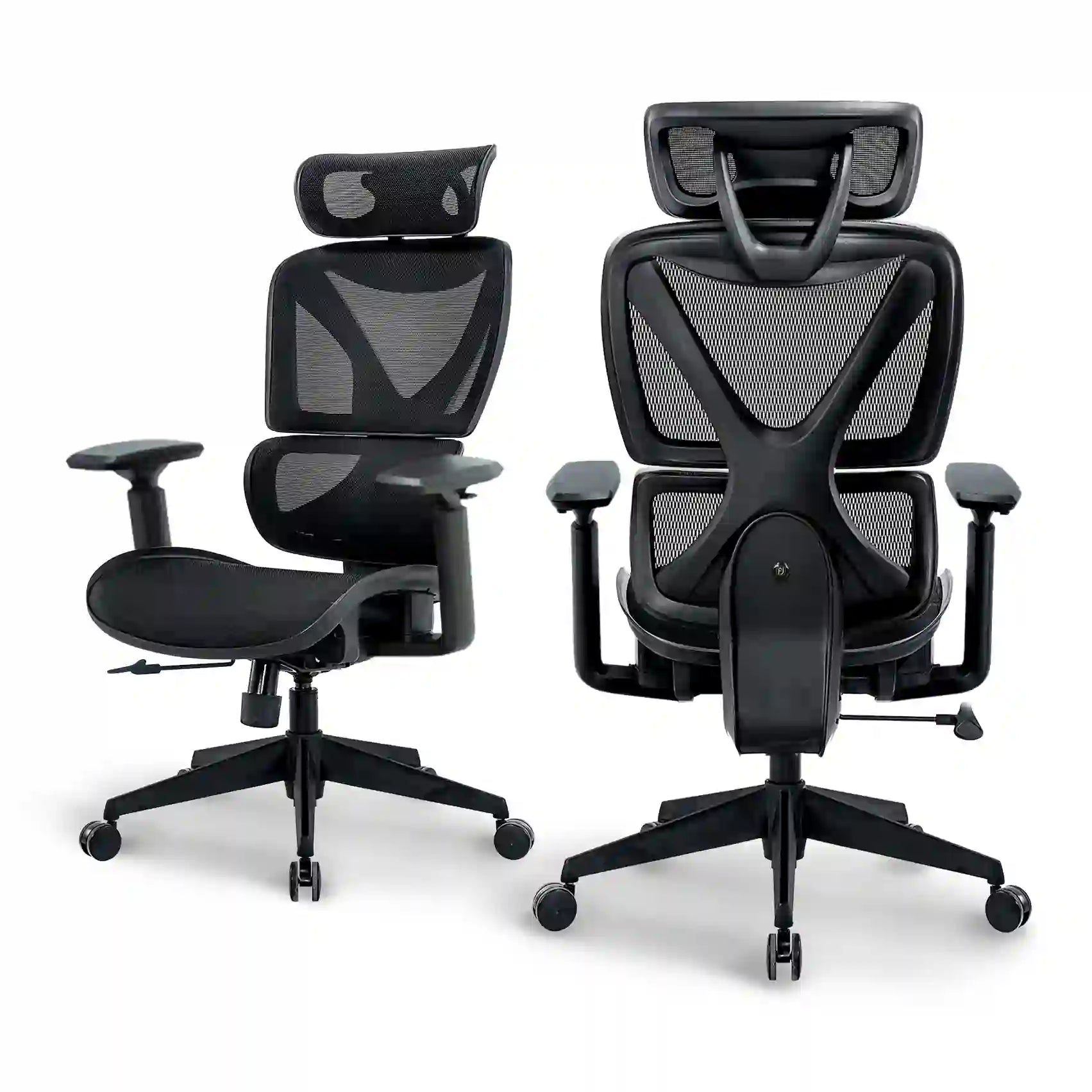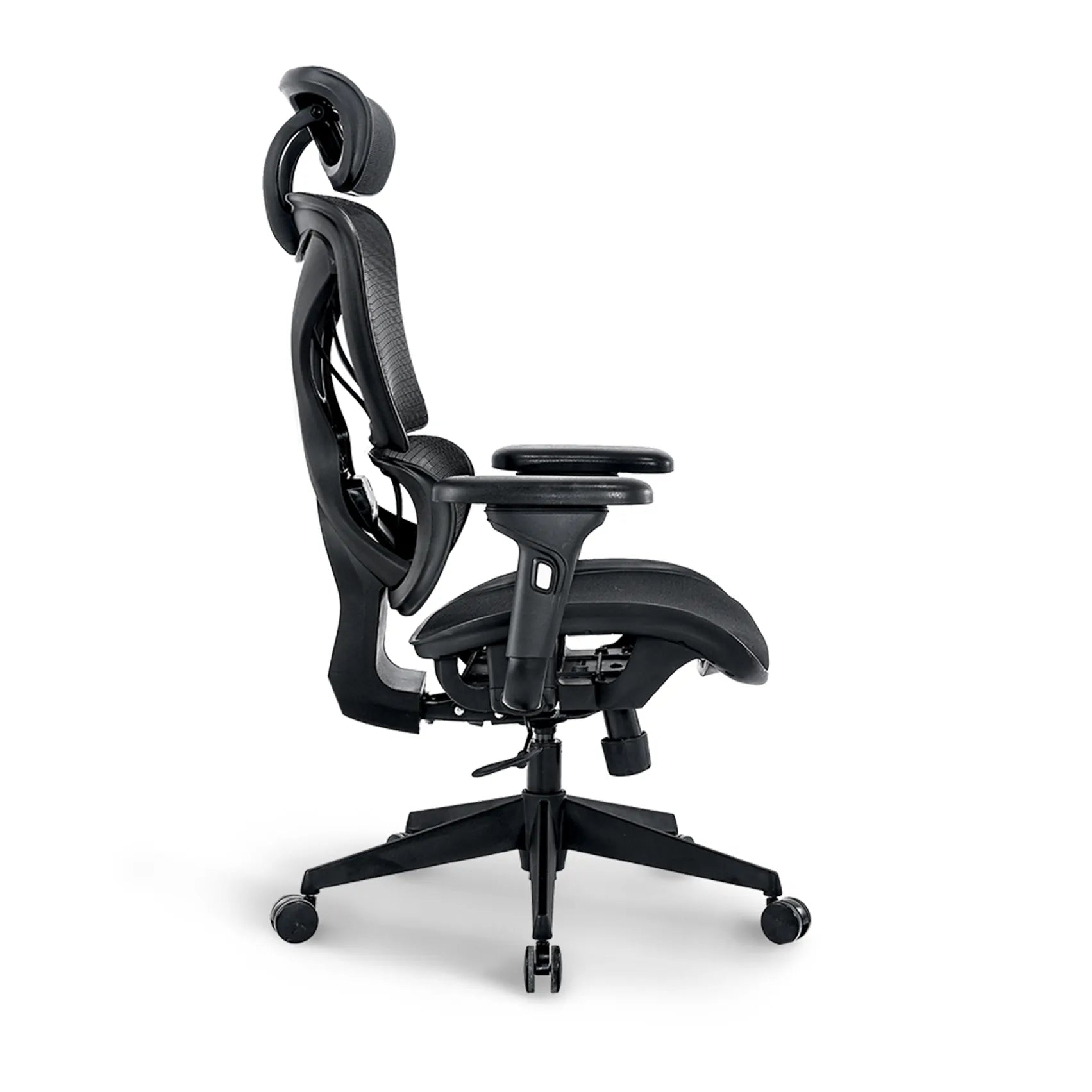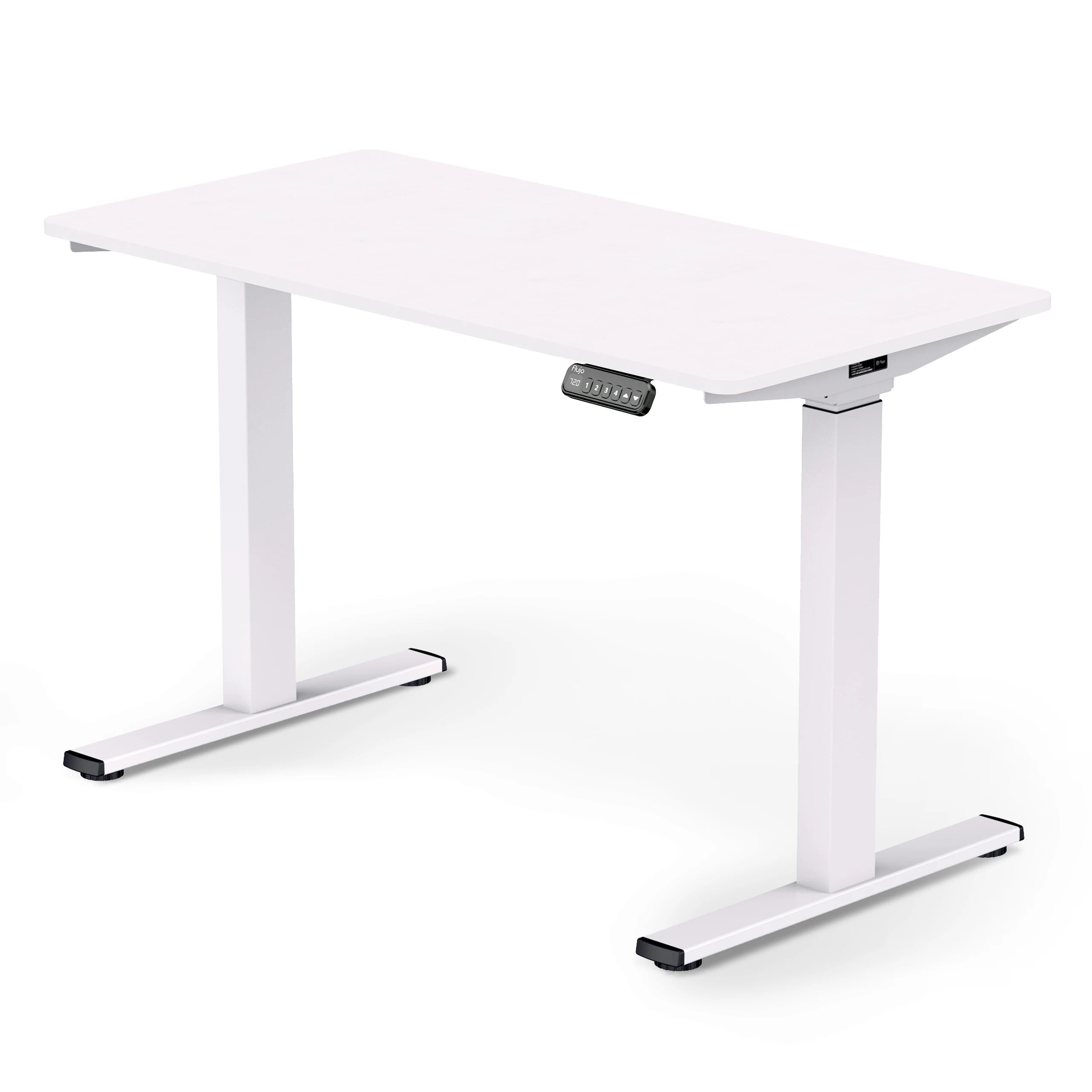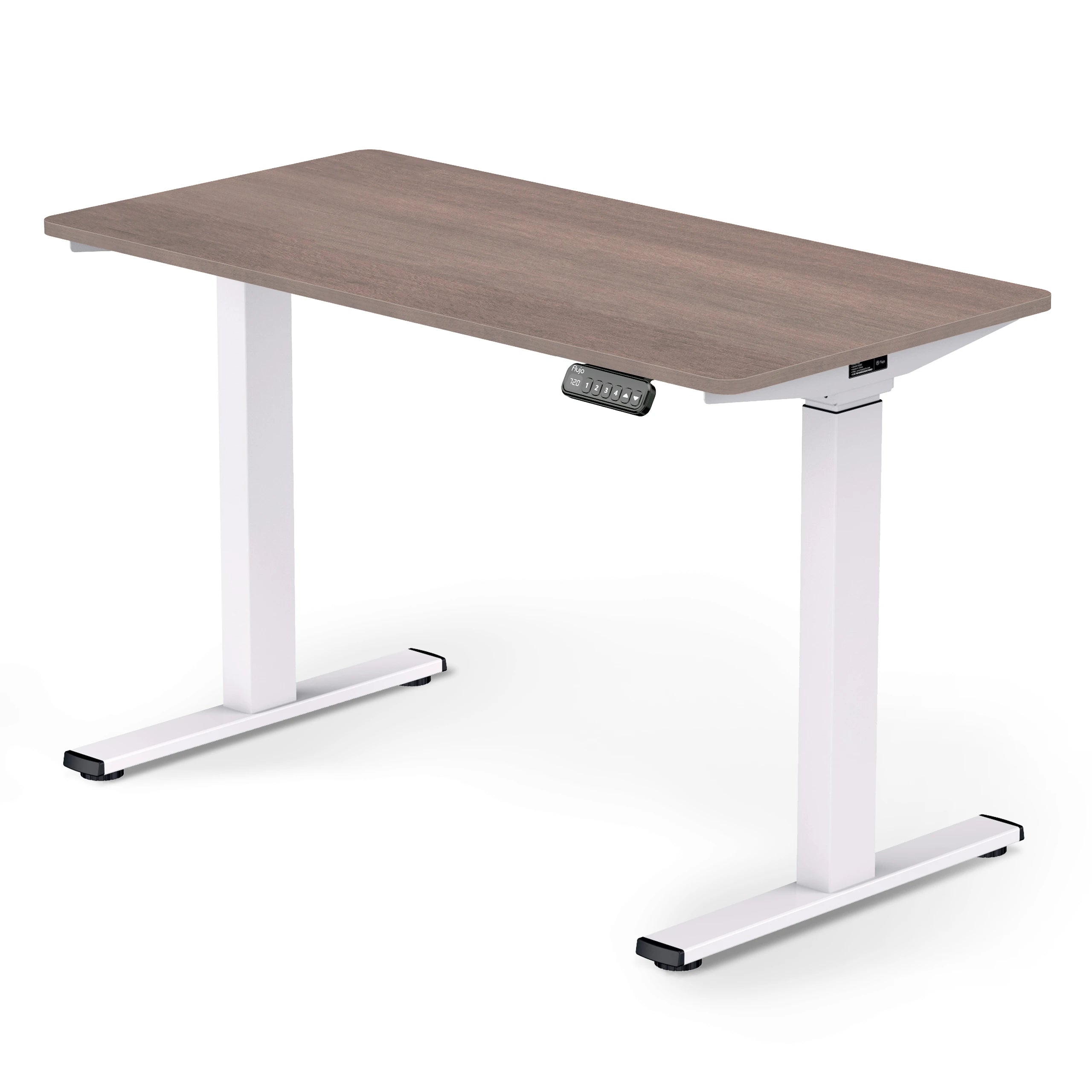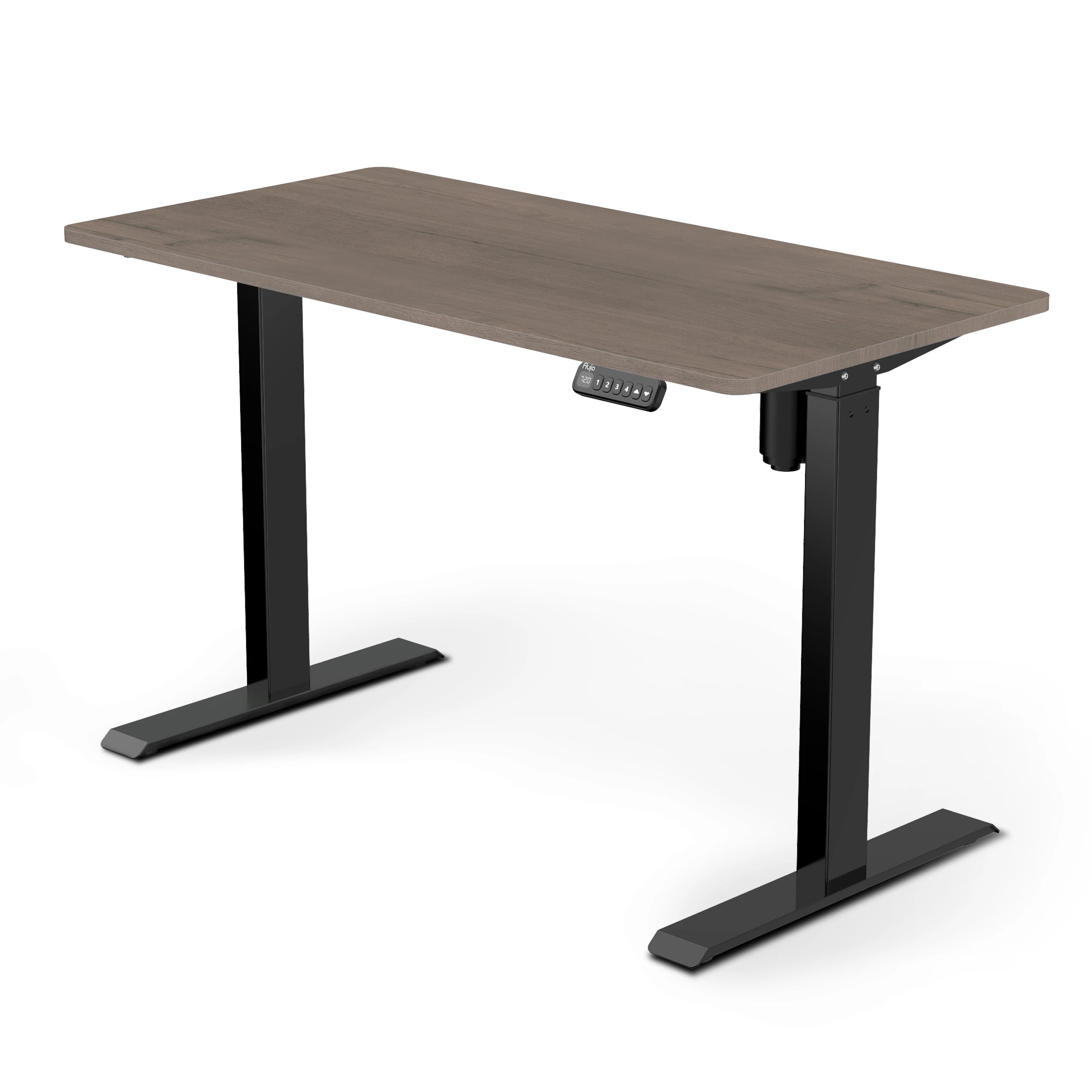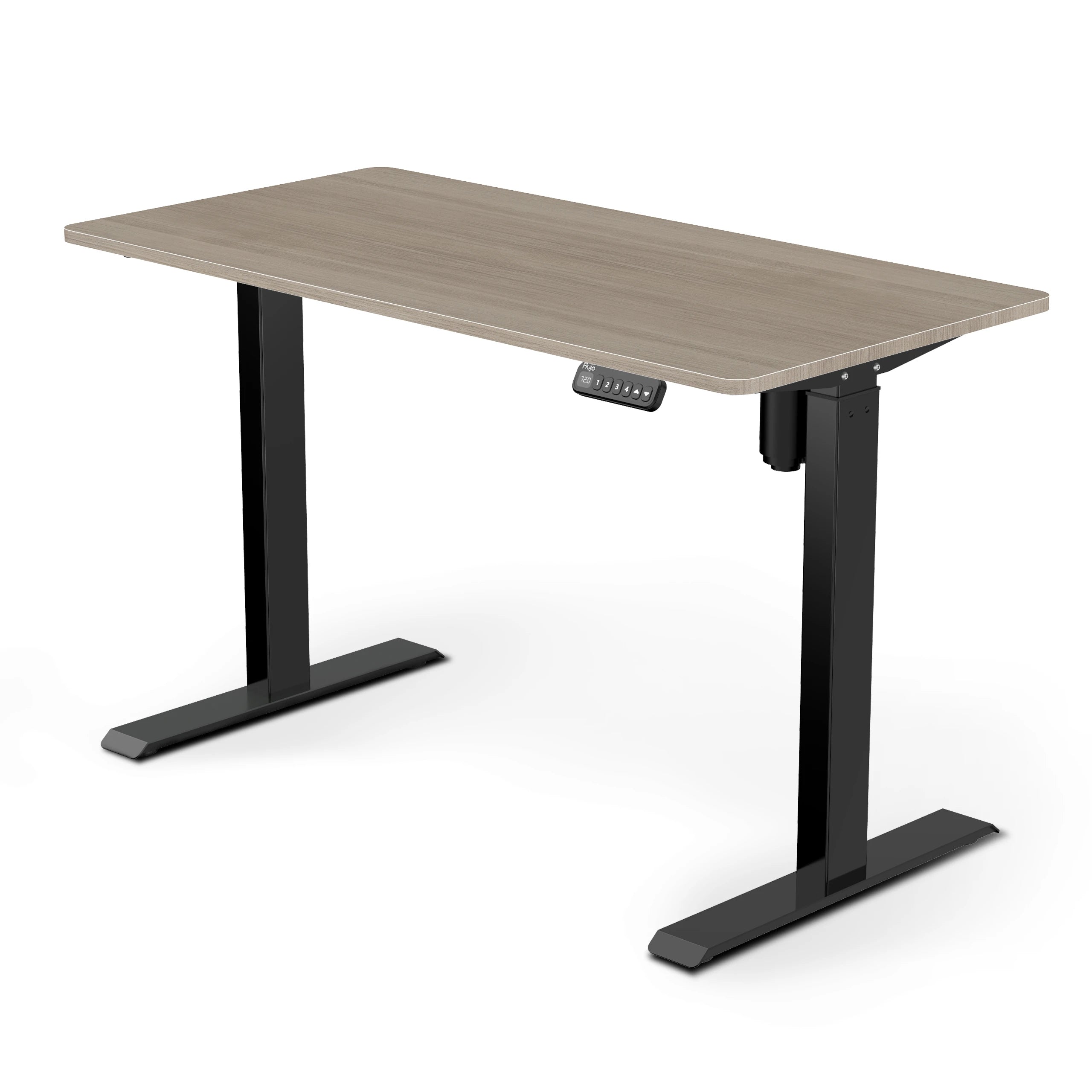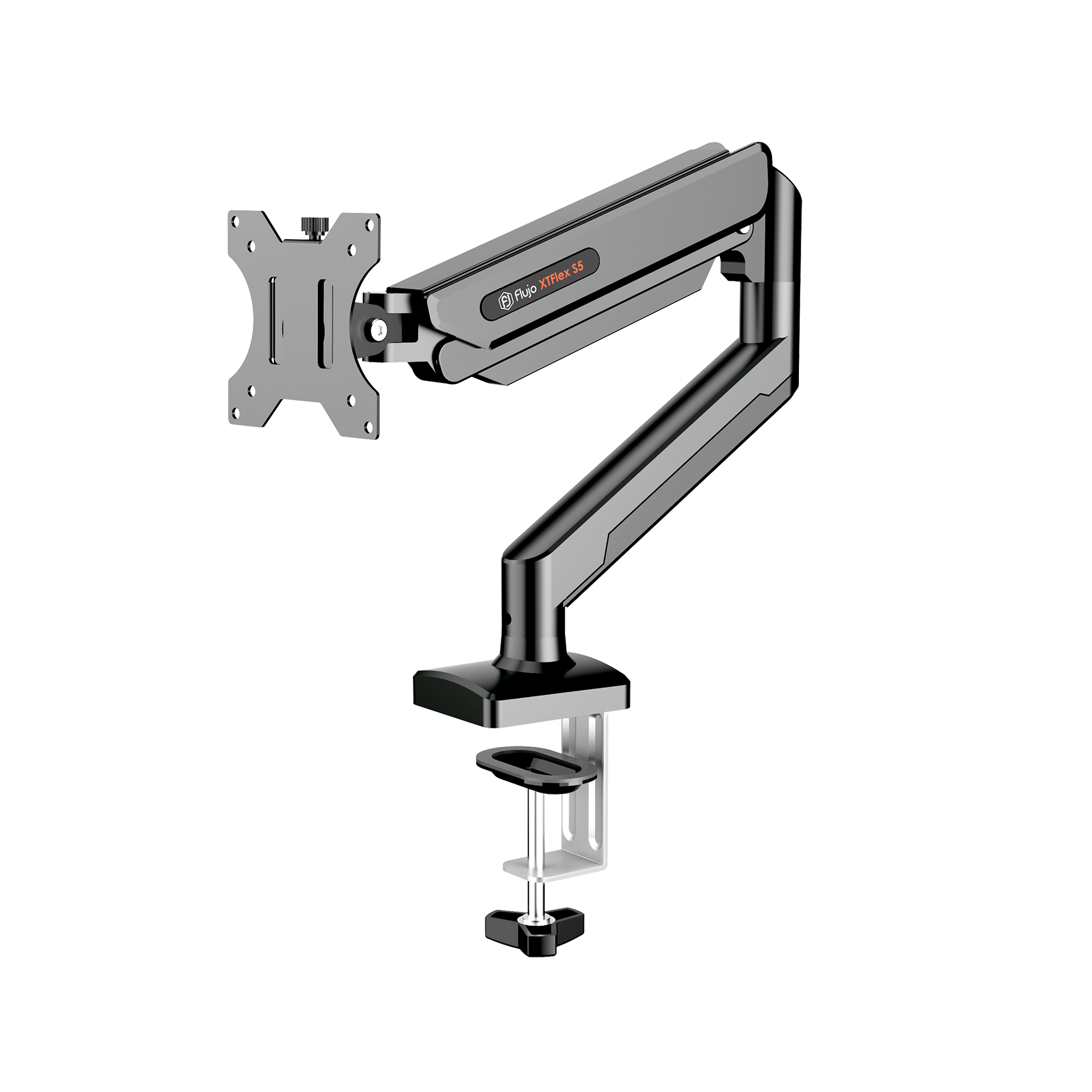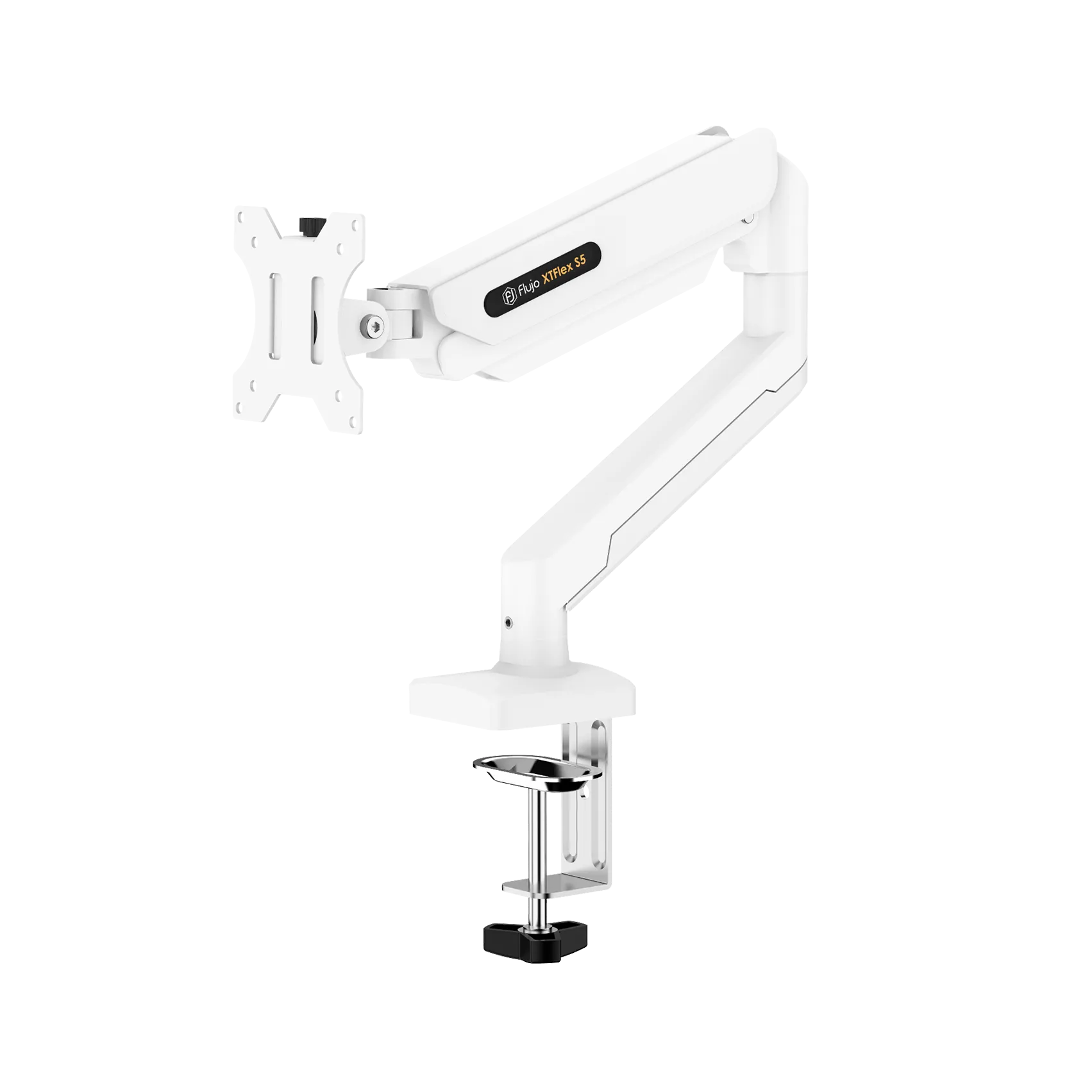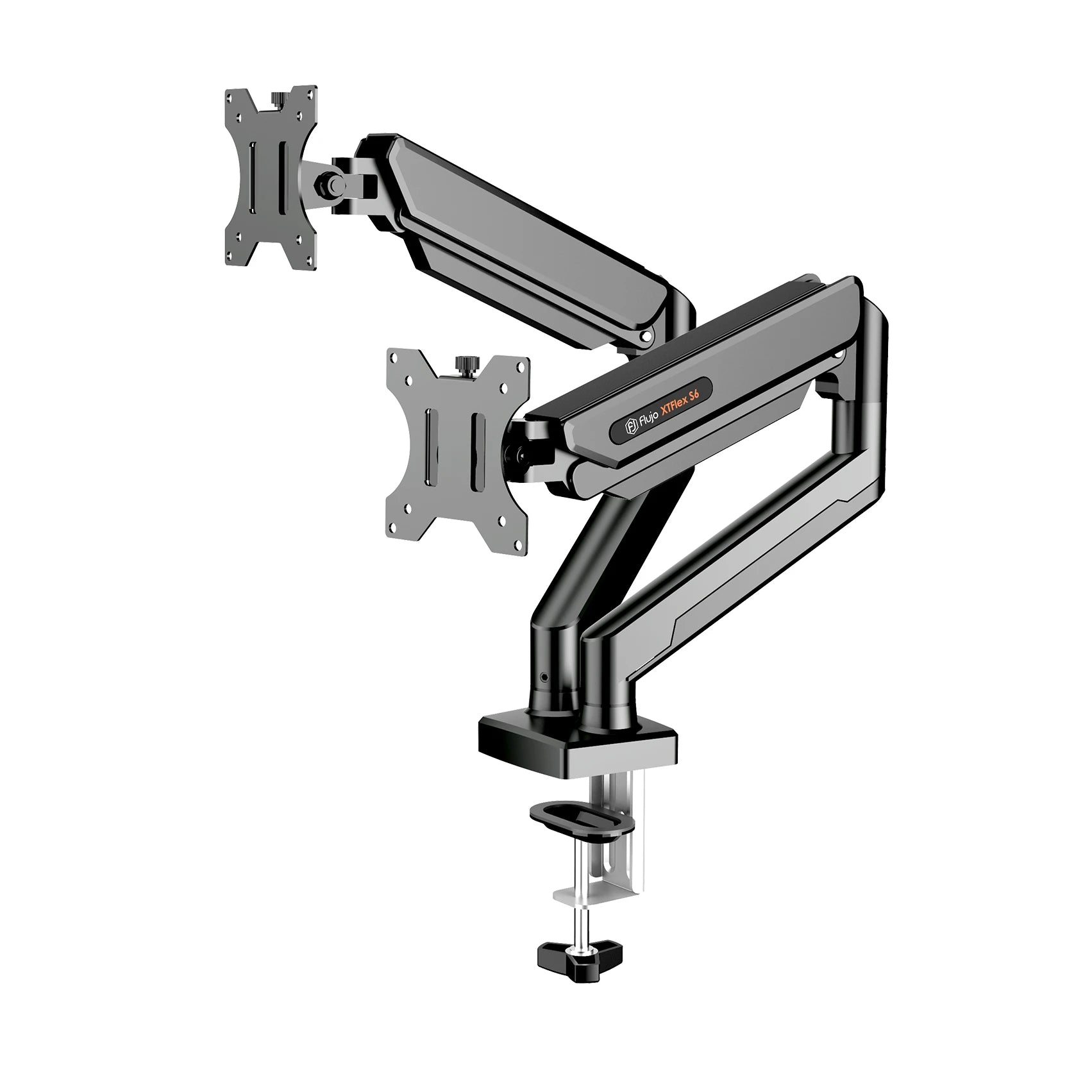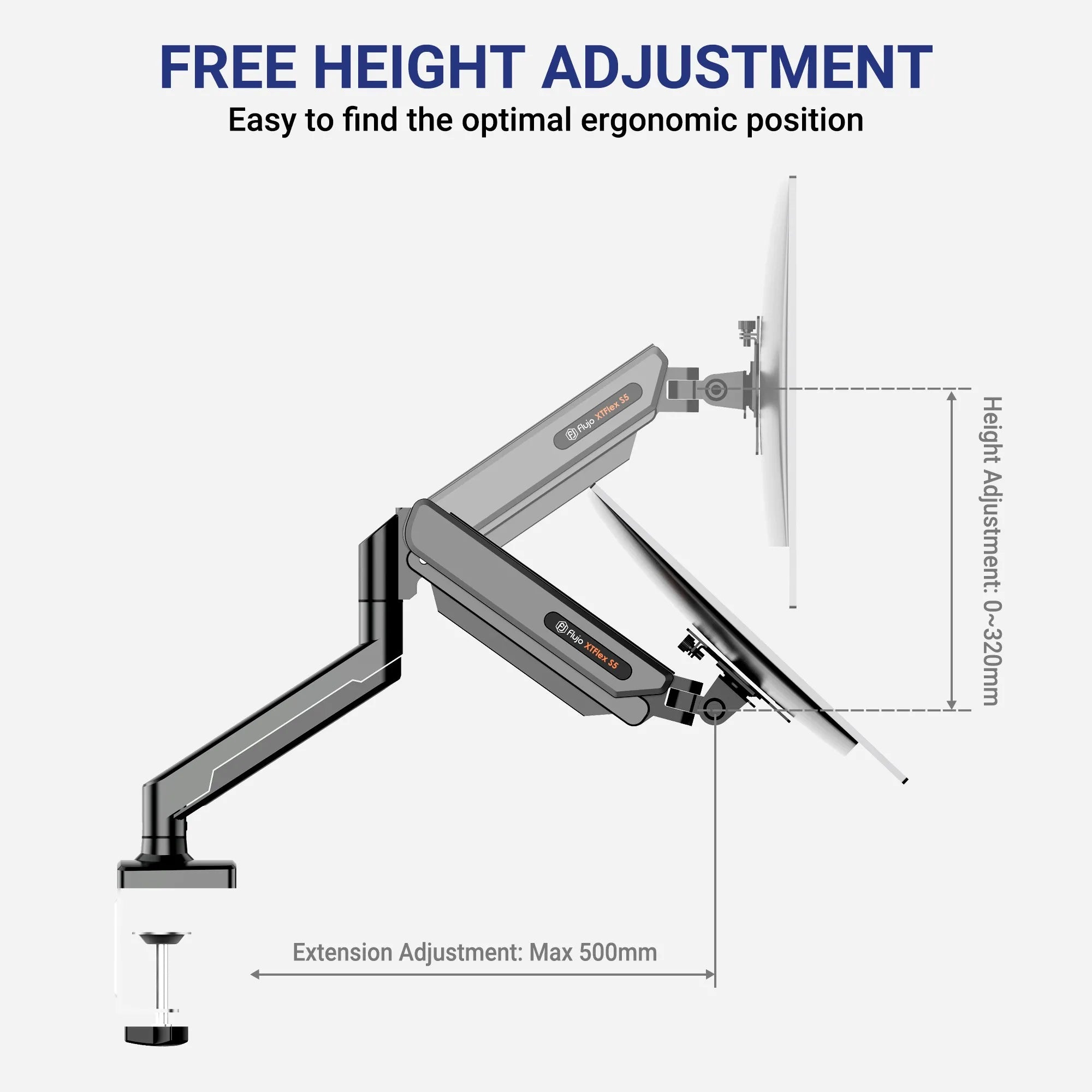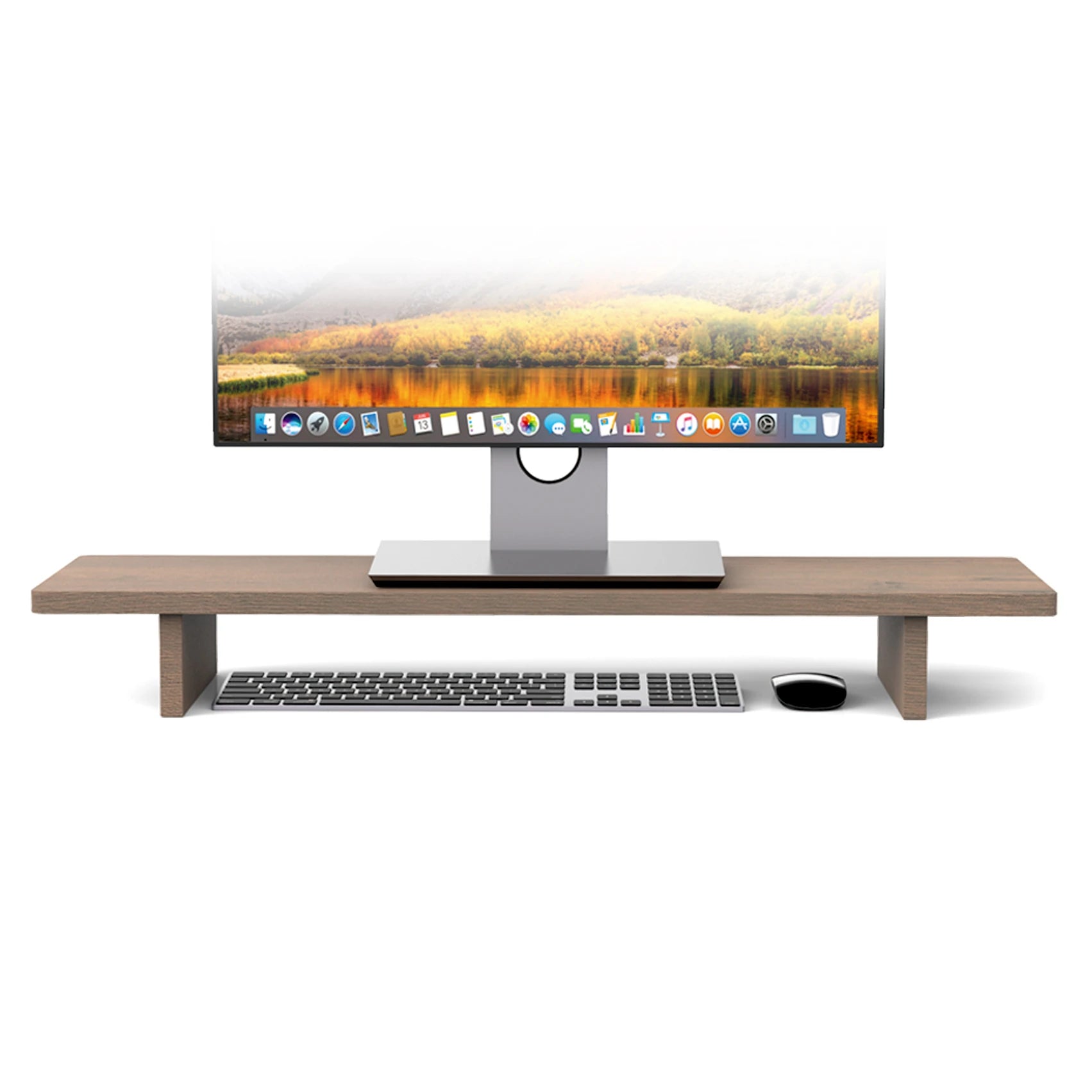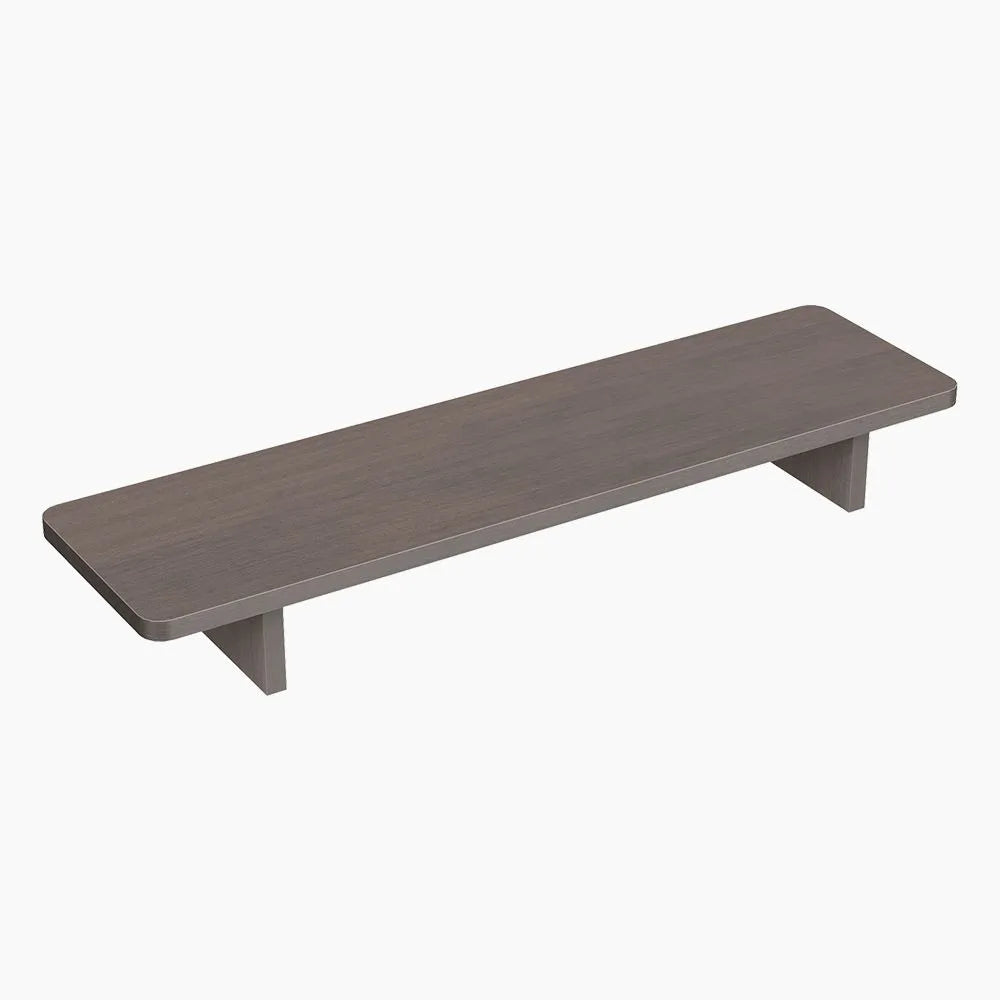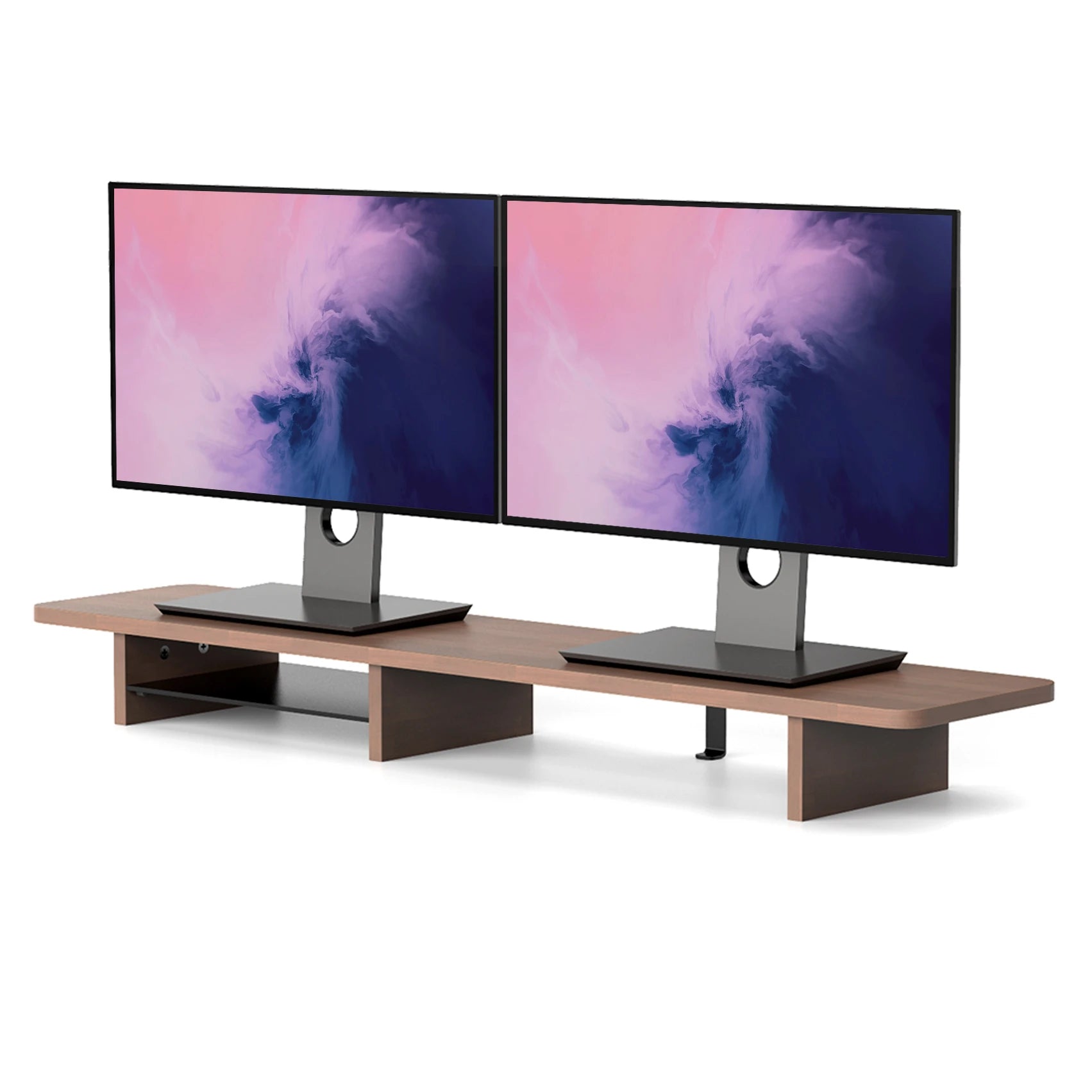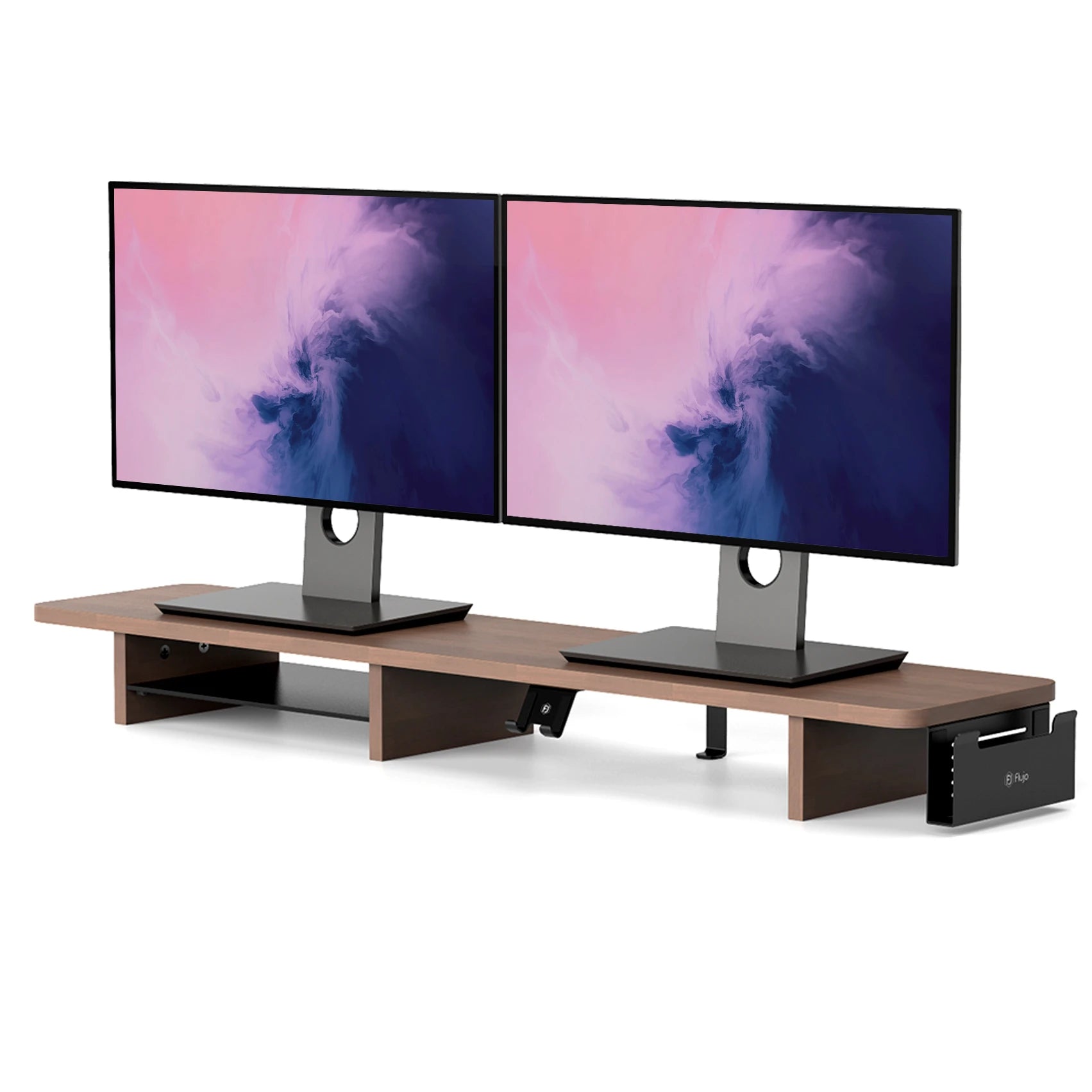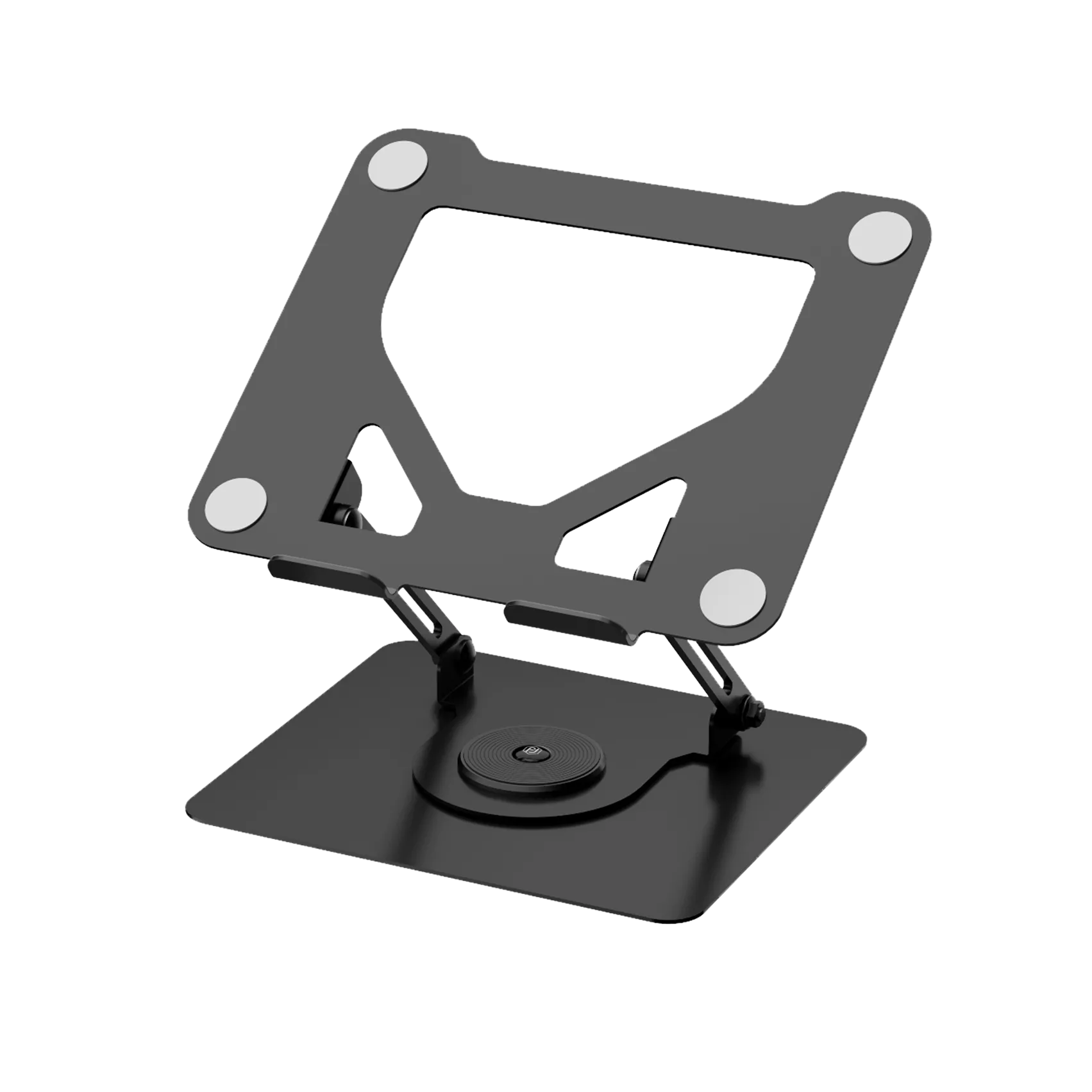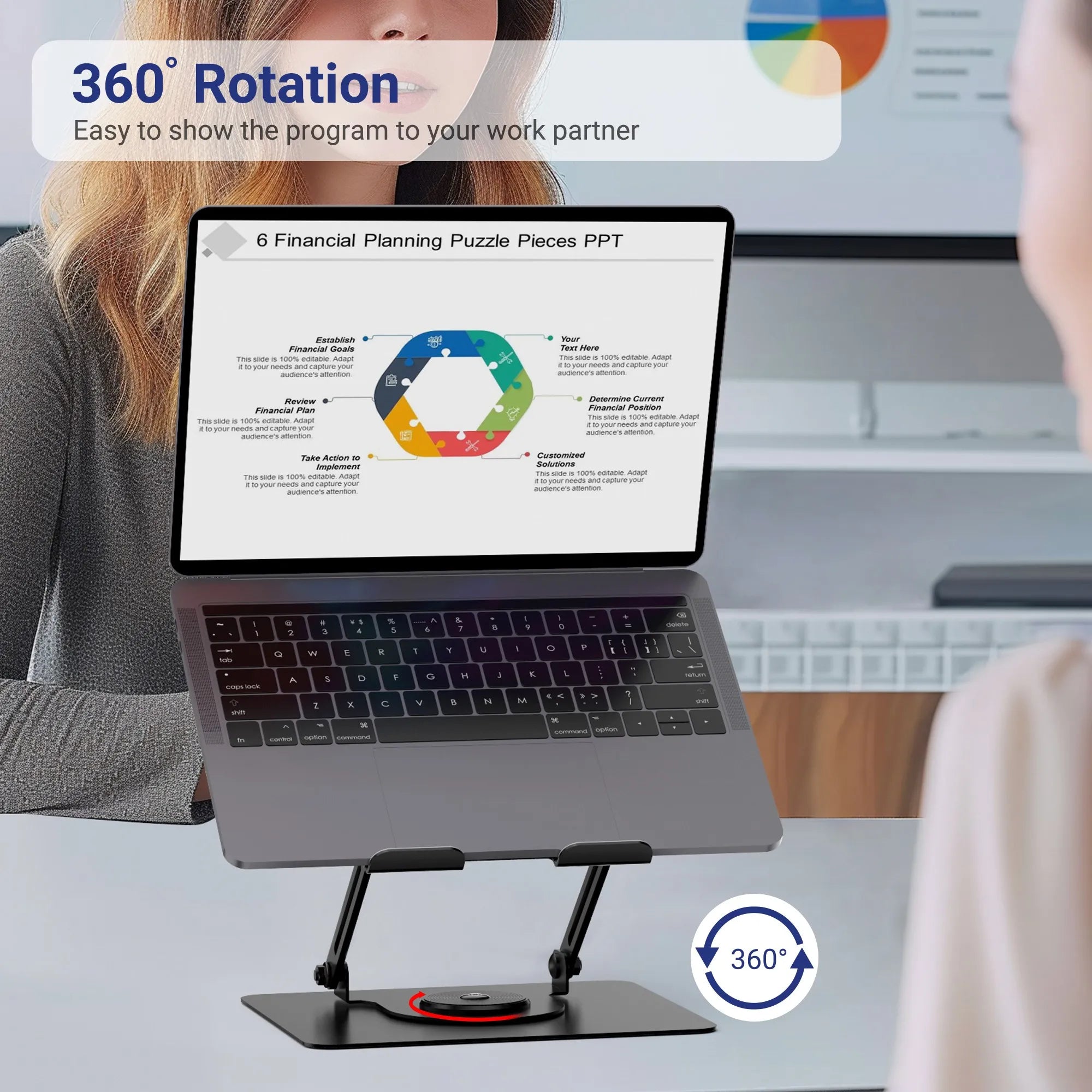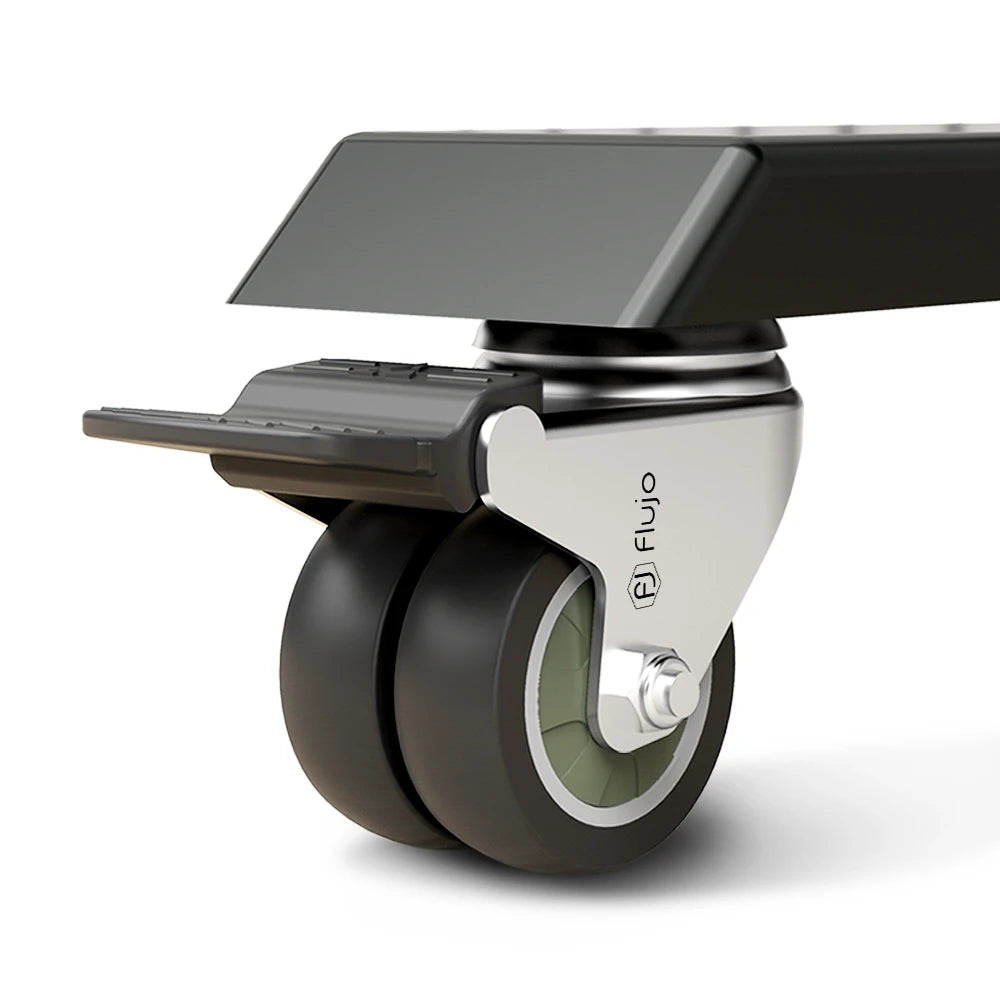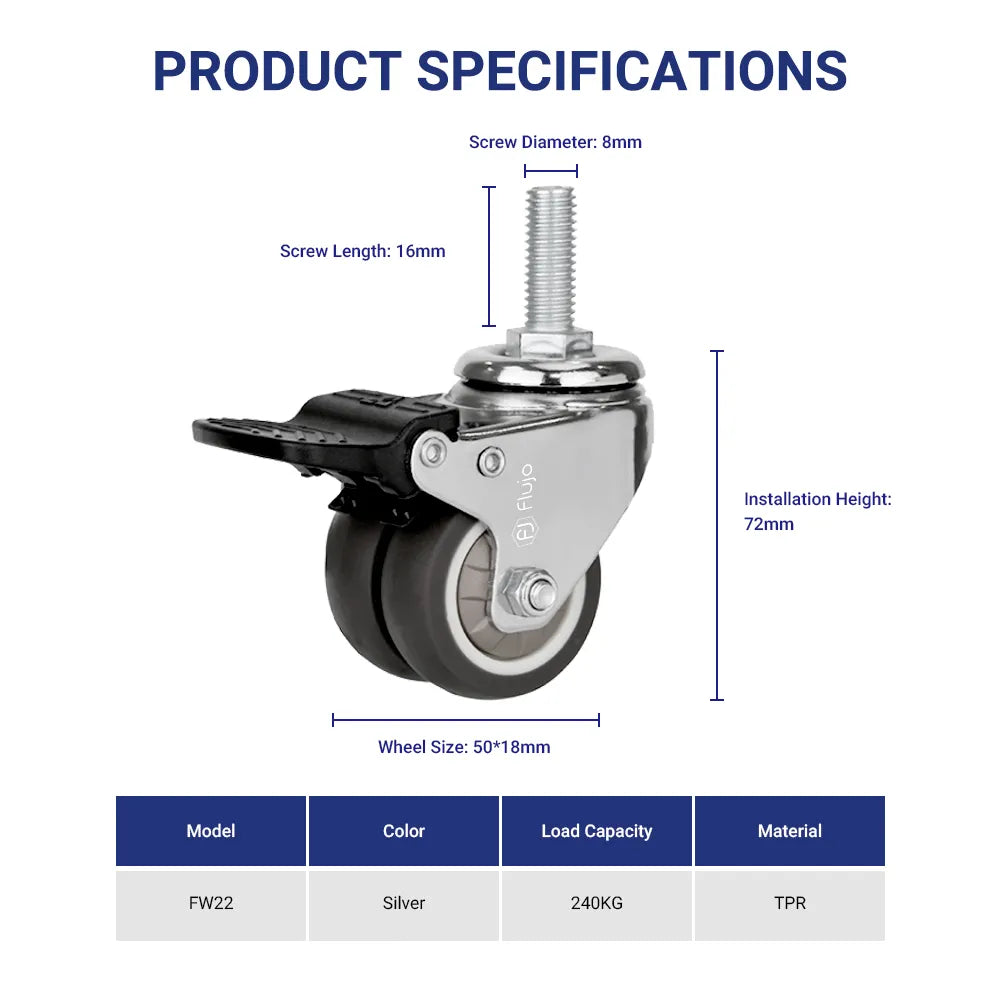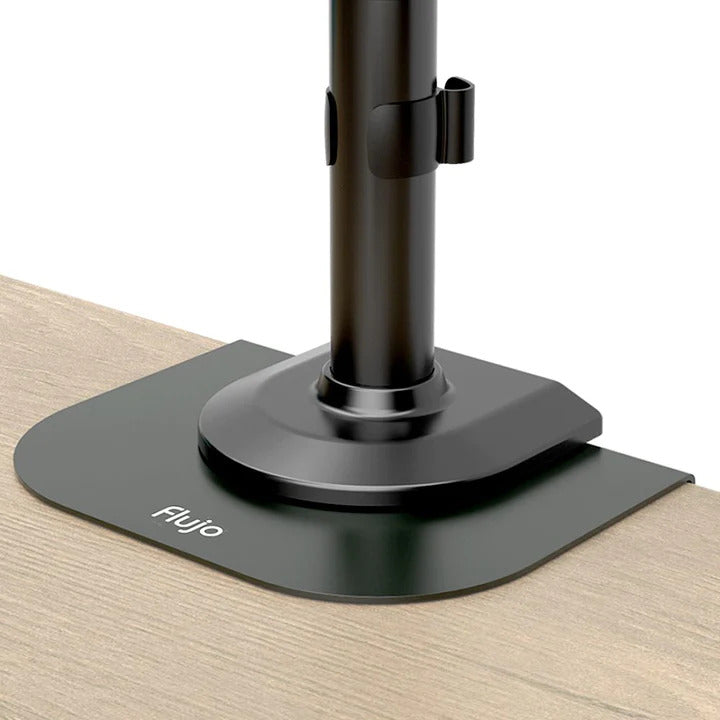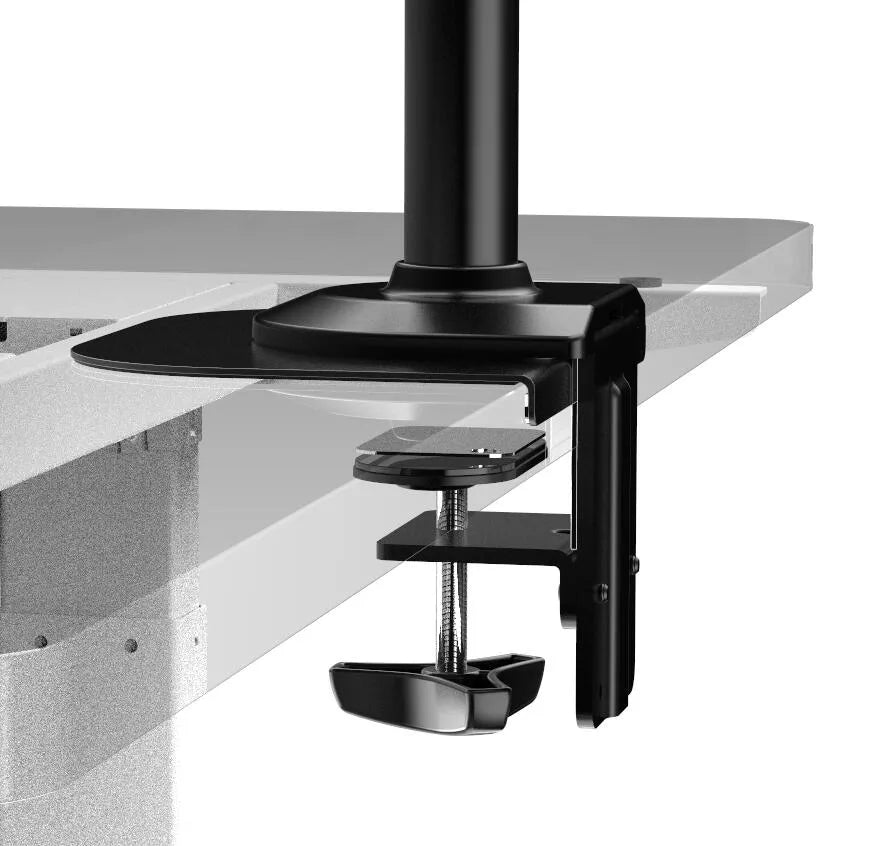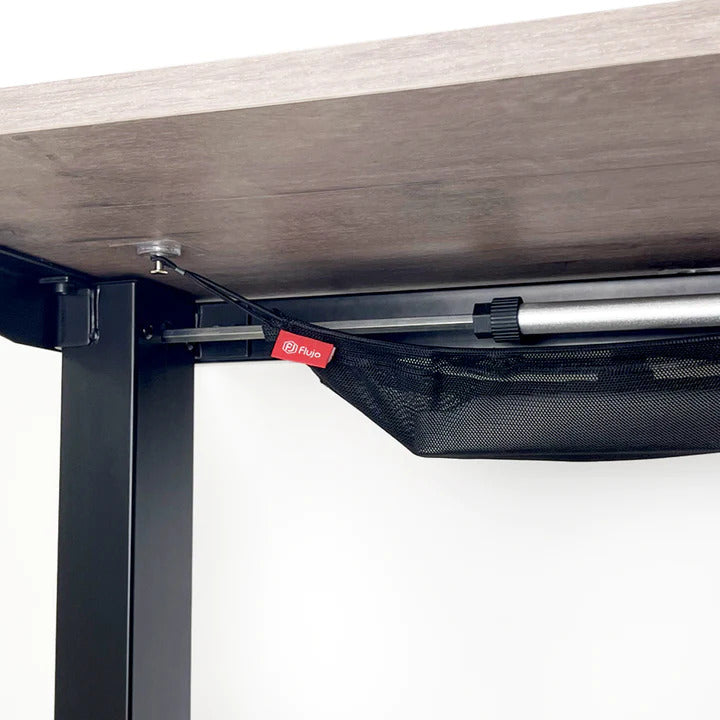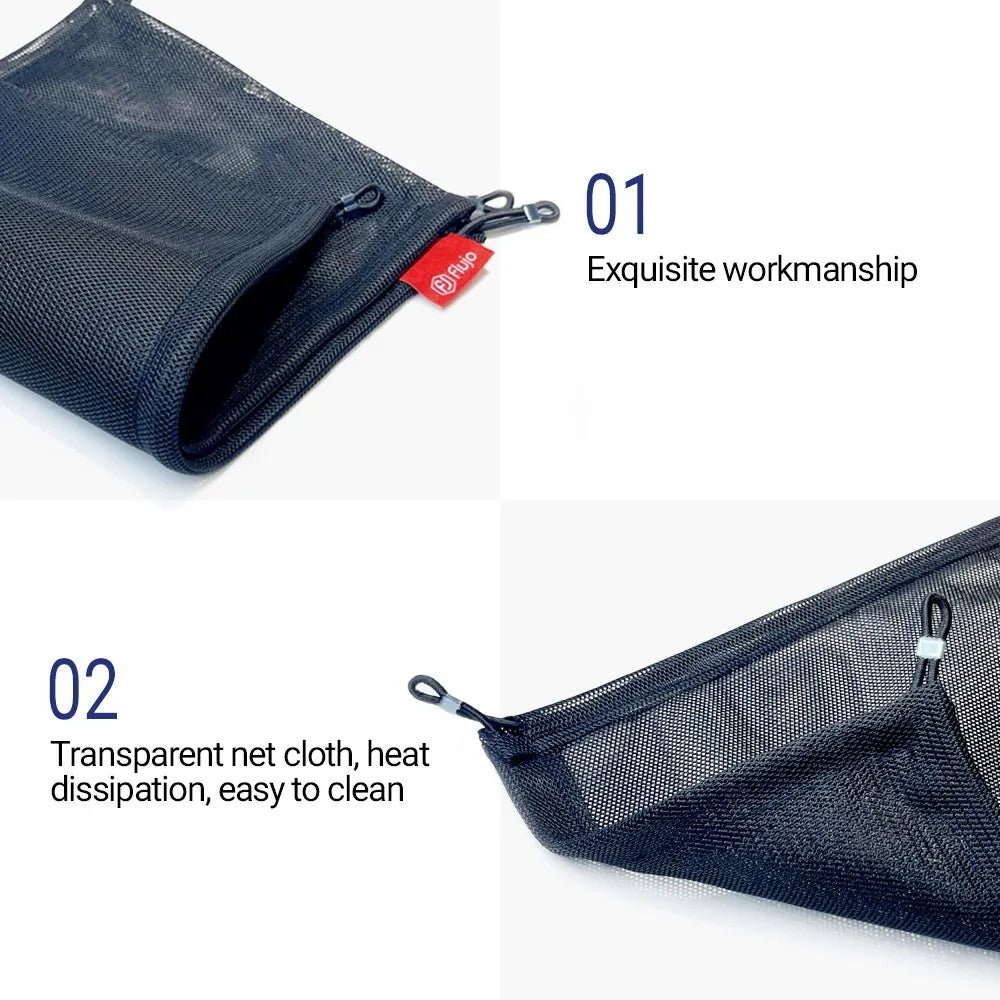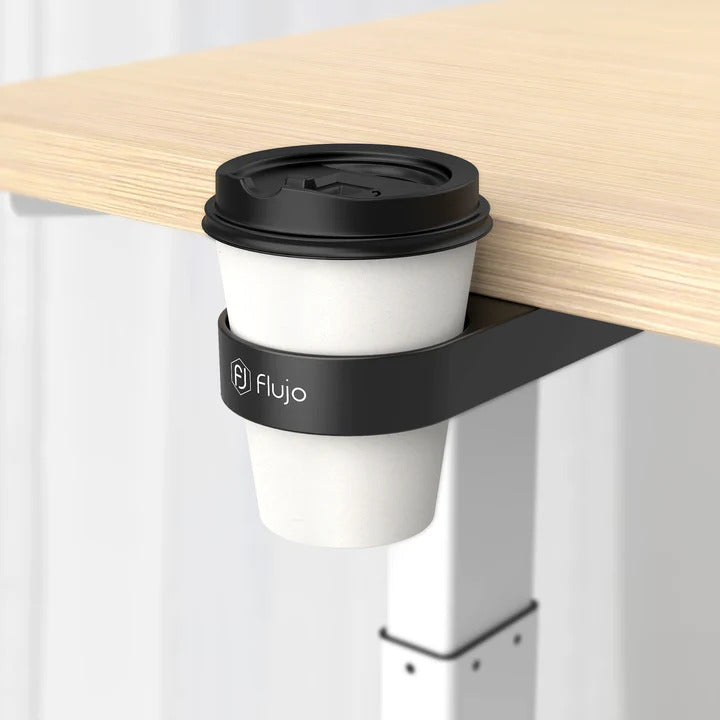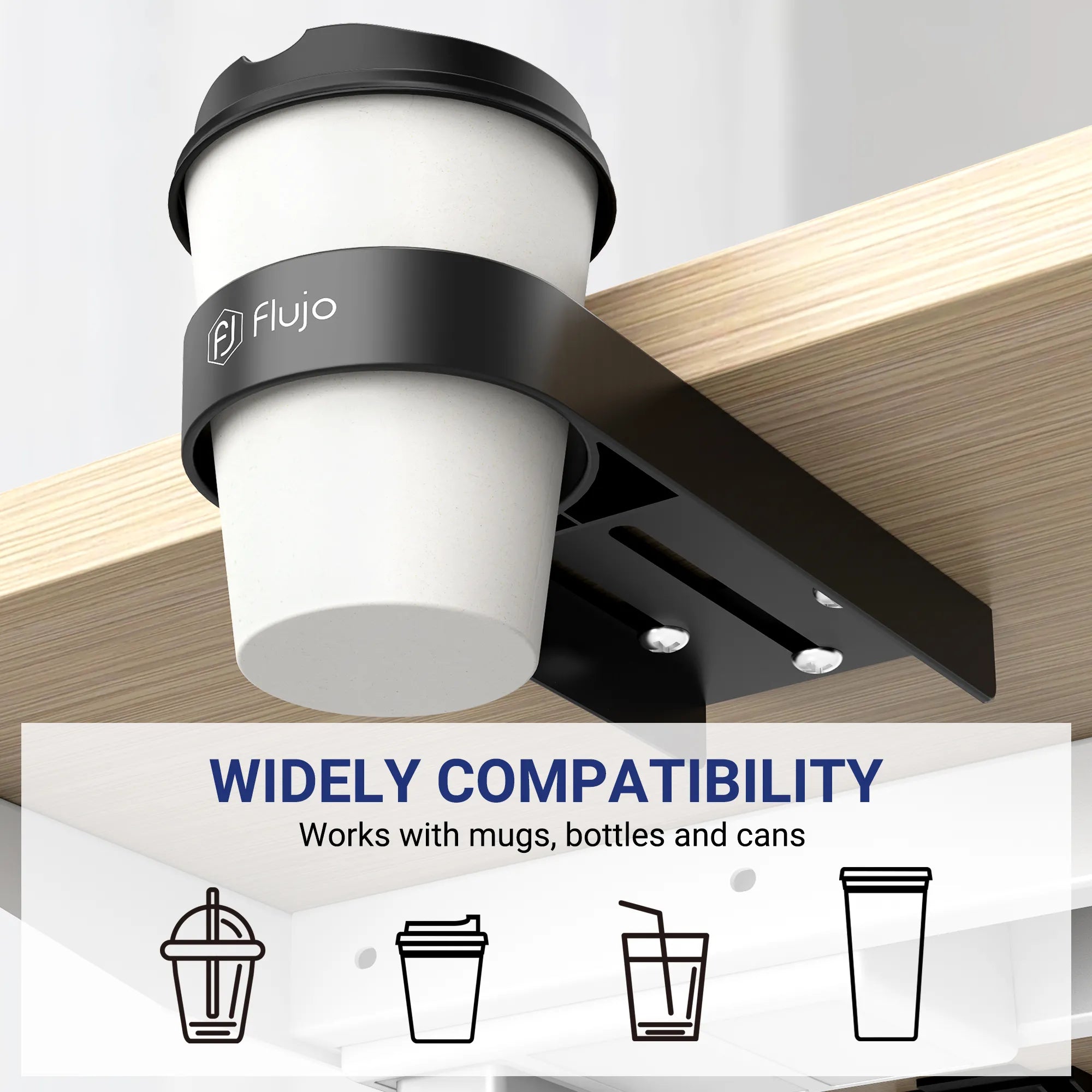Ergonomic Chairs: The Key to Creating an Engaging Work Environment
When it comes to designing a productive and engaging workplace, many factors come into play: open spaces, collaborative tools, vibrant decor, and, importantly, ergonomic furniture. Among the various elements that contribute to an effective work environment, ergonomic chairs stand out as a vital component. Often underestimated, these chairs do more than just provide comfort; they are pivotal in shaping a workspace that fosters employee engagement, well-being, and productivity.
An ergonomic chair is designed with the user’s health, comfort, and efficiency in mind. It supports proper posture, reduces the risk of musculoskeletal disorders, and minimizes discomfort during prolonged sitting. However, the benefits of ergonomic chairs go beyond these physical attributes. In this article, we will explore how ergonomic chairs contribute to creating an engaging work environment, enhancing employee satisfaction, collaboration, and overall workplace culture.
The Link Between Ergonomics and Employee Engagement
Employee engagement is a crucial factor in any successful organization. Engaged employees are more productive, more satisfied with their jobs, and more likely to stay with their employer. One often overlooked aspect of fostering engagement is the physical comfort of employees. When employees are physically comfortable, they are more likely to be mentally and emotionally engaged with their work.
Ergonomic chairs play a significant role in achieving this comfort. By supporting good posture and reducing physical strain, these chairs help employees stay focused on their tasks rather than being distracted by discomfort or pain. A well-designed ergonomic chair can prevent common issues like back pain, neck strain, and shoulder tension, all of which can contribute to employee absenteeism and reduced productivity. By minimizing these physical barriers, ergonomic chairs enable employees to remain more engaged and committed to their work.
Enhancing Well-being and Productivity
The modern workplace demands high levels of productivity, and to meet these demands, employees need to be at their best, both mentally and physically. Ergonomic chairs are designed to promote overall well-being, which is directly linked to productivity. When employees are comfortable and free from pain, they can focus better, think more clearly, and be more creative.
Ergonomic chairs are adjustable to fit the unique needs of each employee, providing customized support that enhances comfort and reduces the risk of injuries. This personalization is key in promoting well-being, as it allows employees to maintain natural postures, reduces the risk of fatigue, and improves circulation. Furthermore, the dynamic features of ergonomic chairs, such as adjustable lumbar support, seat depth, and armrests, encourage movement throughout the day, preventing stiffness and enhancing blood flow.
A workplace that prioritizes employee well-being is one that is more likely to see higher levels of productivity. Ergonomic chairs are a fundamental part of this equation, offering a simple yet effective way to keep employees healthy, happy, and performing at their best.
Fostering a Collaborative and Innovative Workplace Culture
Beyond individual comfort and productivity, ergonomic chairs also contribute to a more collaborative and innovative workplace culture. When employees feel physically supported, they are more likely to engage in teamwork and collaboration. A comfortable seating arrangement can make all the difference in how employees interact with each other, share ideas, and work together on projects.
Ergonomic chairs can be easily integrated into various work settings, from individual desks to collaborative spaces and meeting rooms. Their adjustability and mobility make them perfect for dynamic work environments where employees frequently move between different tasks and teams. This flexibility encourages spontaneous collaboration and fosters a culture of innovation and creativity. When employees are not restricted by physical discomfort, they are more open to engaging with their colleagues, sharing ideas, and contributing to a vibrant, collaborative workplace culture.
Reducing Stress and Enhancing Job Satisfaction
Stress is a major factor that can negatively impact employee engagement and satisfaction. An uncomfortable work environment, particularly one with inadequate seating, can contribute significantly to stress levels. Ergonomic chairs help mitigate this by providing a supportive and comfortable seating solution that reduces physical stress on the body.
When employees do not have to worry about discomfort or pain, they can focus better on their work and experience less stress overall. This reduction in stress can lead to higher job satisfaction, as employees feel that their well-being is valued and prioritized by their employer. Ergonomic chairs, therefore, play a crucial role in creating a positive work environment where employees feel supported and cared for, leading to increased job satisfaction and retention.
Creating a Culture of Health and Wellness
Incorporating ergonomic chairs into the workplace is a clear signal to employees that their health and well-being are a priority. This not only helps in attracting and retaining talent but also contributes to a culture of health and wellness within the organization. When employees see that their employer is investing in their comfort and safety, it fosters a sense of loyalty and commitment.
Moreover, promoting a culture of wellness goes beyond physical health. It includes creating an environment where employees feel comfortable, supported, and encouraged to take care of themselves. Ergonomic chairs are just one part of this holistic approach to employee wellness, but their impact can be significant. By reducing the risk of injury and promoting good posture, these chairs help employees feel their best, both physically and mentally.
The Role of Ergonomic Chairs in Remote and Hybrid Work Environments
The shift towards remote and hybrid work models has brought new challenges to maintaining employee engagement and productivity. Ergonomic chairs are just as important in home offices as they are in traditional office settings. With many employees now spending a significant portion of their workweek at home, providing ergonomic seating options is crucial to maintaining a consistent level of comfort and productivity.
Companies that provide or subsidize ergonomic chairs for remote employees demonstrate a commitment to their well-being, regardless of where they work. This support can help bridge the gap between the home and office environments, ensuring that employees remain engaged and productive, whether they are working remotely, on-site, or in a hybrid model.
Conclusion
Ergonomic chairs are more than just a necessity for comfort—they are a strategic investment in creating an engaging, productive, and healthy work environment. By supporting physical well-being, fostering collaboration, reducing stress, and promoting a culture of health, ergonomic chairs play a crucial role in shaping a positive workplace culture. As organizations continue to evolve and adapt to new ways of working, the importance of ergonomic furniture, particularly chairs, cannot be overstated. It's time to see ergonomic chairs not just as functional pieces of furniture, but as key elements in building a more engaging and dynamic workplace.
Introducing Flujo: Your Partner in Creating Engaging Workspaces
Flujo is a leader in designing and delivering innovative office solutions that prioritize both comfort and productivity. At Flujo, we understand that a well-designed workspace is essential for fostering employee engagement and overall well-being. Our range of ergonomic chairs is crafted to provide maximum support and adjustability, ensuring that every employee feels comfortable and valued. Whether it’s our state-of-the-art chairs, acoustic solutions, or modular furniture, Flujo is committed to creating work environments that inspire creativity, collaboration, and innovation. With Flujo, you can transform your office into a space where employees thrive, feel engaged, and deliver their best work.


